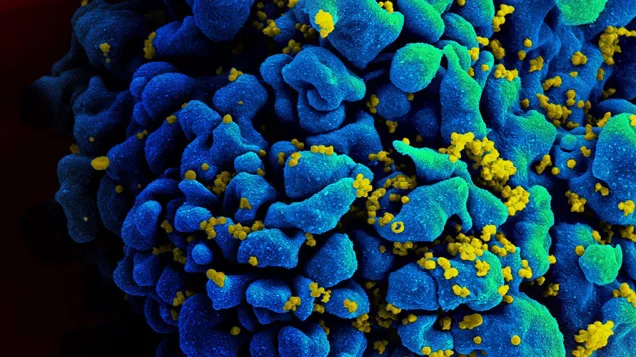HIV/AIDS surveillance in Europe 2020 (2019 data)
Executive Summary
HIV transmission remains a major public health concern and affects more than 2 million people in the WHO European Region, particularly in the eastern part of the Region. This report is the latest in a series published jointly by the European Centre for Disease Prevention and Control (ECDC) and the WHO Regional Office for Europe that has been summarizing data on HIV and AIDS in the WHO European Region and in the European Union and European Economic Area (EU/EEA) since 2007. It finds that while epidemic patterns and trends vary widely across European countries, nearly 137 000 people were diagnosed with HIV in the European Region in 2019, including 25 000 in the EU/EEA.
HIV/AIDS surveillance in Europe 2020
English (10.37 MB - PDF)Read more
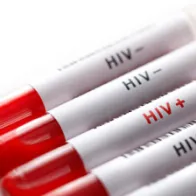
The number of people living with undiagnosed HIV is increasing in the WHO European Region. According to data published today by ECDC and the WHO/Europe, more than 136 000 people were newly diagnosed in 2019 – roughly 20% of these were diagnosed in the EU/EAA and 80% in the eastern part of the European Region. Every second HIV diagnosis (53%) happens at a late stage of the infection, when the immune system has already started to fail. This is a sign that testing strategies in the Region are not working properly to diagnose HIV early.

One of the targets of the Sustainable Development Goals is to end the AIDS epidemic by 2030. Still, 2 094 AIDS cases were reported in the EU/EEA during 2019. This shows a significant problem with late diagnosis of HIV infection. Detecting HIV only years after the infection is one reason for on-going transmission in Europe. One in every four AIDS cases occurred long after HIV diagnosis, indicating insufficient linkage to HIV care, access to antiretroviral treatment and adherence support.
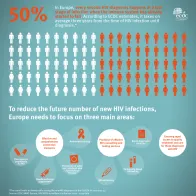
In Europe, every second HIV diagnosis happens at a late stage of infection when the immune system has already started to fail.
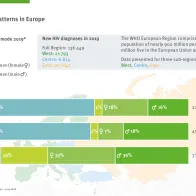
This infographic shows the various transmission modes and patterns in Europe
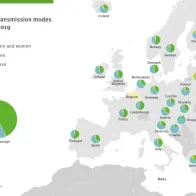
This infographic shows a map of EU/EEA with the reported HIV transmissions modes in the various countries.
Previous reports
Share this page

